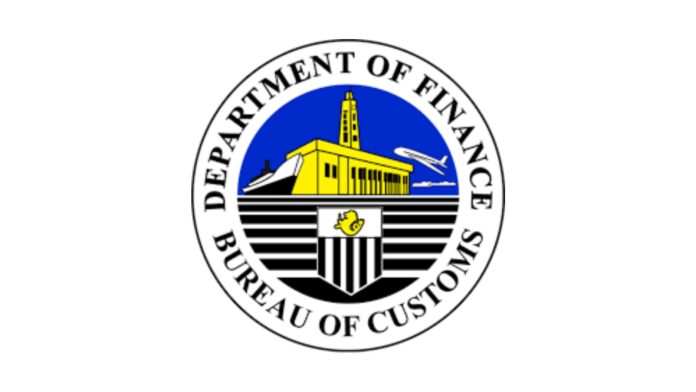The Bureau of Customs (BOC) has laid down the steps for the registration of exporters who have not yet enrolled in the bureau’s electronic certificate of origin (e-CO) processing platform.
In a webinar, the BOC’s Charles Yutan said unregistered exporters should visit the eco.customs.gov.ph portal and click “New Registration” to register and input their TIN or tax identification number.
Since the portal was developed, forwarders and brokers cannot register on the exporter’s behalf but should only assist them if necessary, Yutan said.
“Details of the registration should be under the name of the exporter,” he stressed.
The e-CO portal’s system is aligned with the BOC’s e2m or electronic-to-mobile system, so if the exporter’s TIN is unregistered or inactive, the e-CO system will indicate this with a prompt.
In such a case, Yutan said the exporter should email the bureau their COR or certificate of registration for counterchecking by the agency to be allowed to resume TIN registration.
An unregistered TIN usually happens when exporters still do not have a client profile registration system or CPRS account with the BOC.
The user, after being permitted to resume, then fills out the mandatory information needed. If, say, the exporter’s address is too long or other issues crop up, again they should to reach out to the bureau for assistance. Then the exporter needs to agree to the terms and conditions before proceeding further.
After completing the registration process, the exporter will receive an email notification with a temporary password that will trigger the registration of the account. If no email alert is received, it may be because the exporter’s email address in the CPRS is no longer active. Here, the exporter should again send an email request to the bureau for the temporary password, the customs officer said.
After registering and changing to a permanent password, the next step is to log in to the newly created account by keying in the username and password. This will lead to the dashboard which will show how many approved product evaluated lists and approved product evaluation reports there are as well as the number of in-process or ongoing e-CO applications.
The e-CO refers to the ASEAN Trade in Goods Agreement Form D, an international trade document attesting that goods in a particular export shipment were wholly obtained, produced, manufactured, or processed in a particular country.







